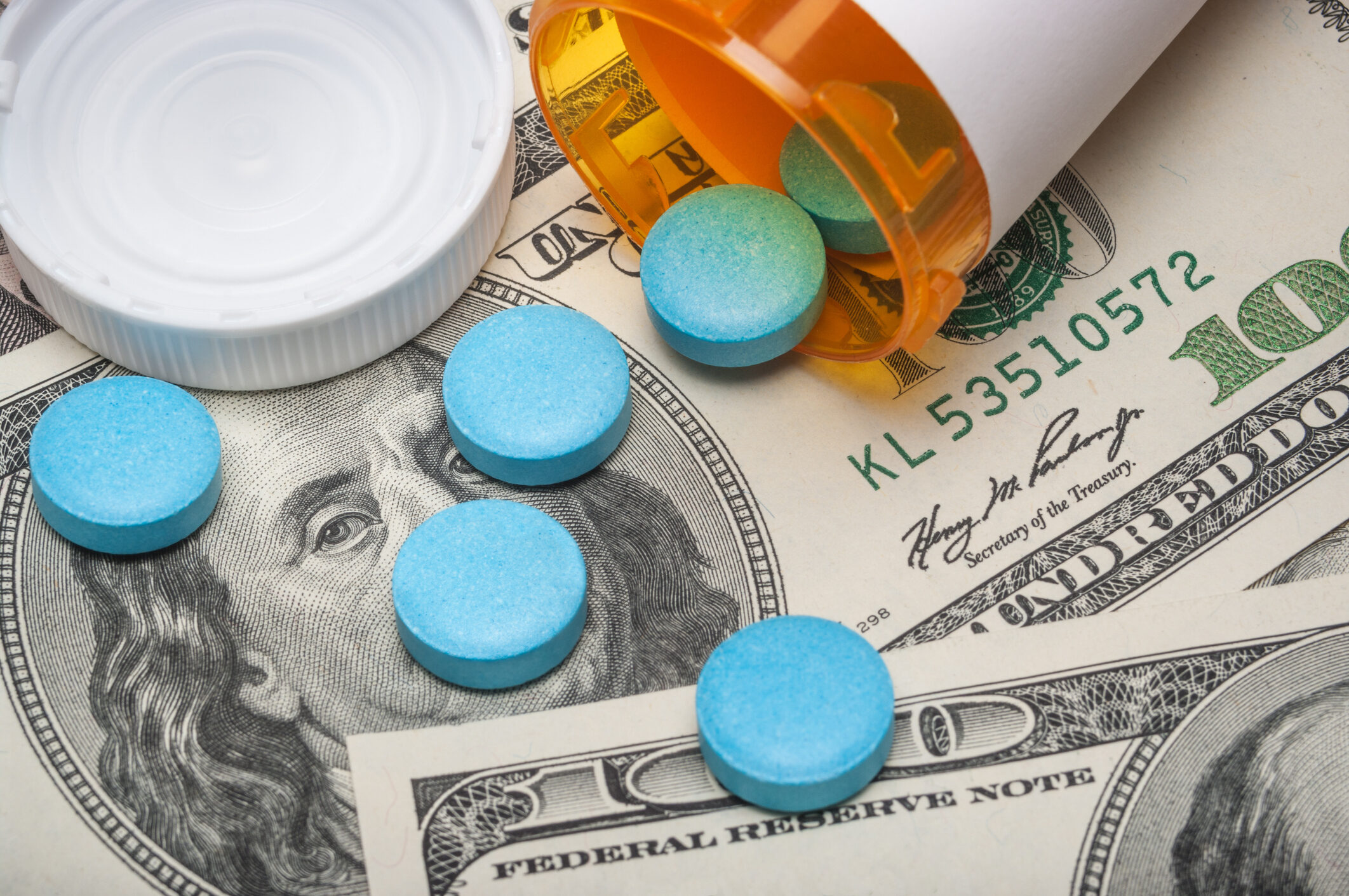© 2024 CSRXP- All Rights Reserved

ICYMI: AMERICANS NEED RELIEF FROM BIG PHARMA’S OUT-OF-CONTROL PRESCRIPTION PRICES
Apr 19, 2021
Americans Need Relief from Big Pharma’s Out-of-Control Prescription Prices
Morning Consult
Lauren Aronson
April 19, 2021
https://morningconsult.com/opinions/americans-need-relief-from-big-pharmas-out-of-control-prescription-prices/
Earlier this month, the principal trade group representing Big Pharma launched a new branding campaign touting drug companies’ role during the pandemic. While we can all be thankful for the vaccines and treatments that save lives and support a return to daily life, policymakers should not allow this smokescreen to divert attention from the industry’s pricing practices, which have continued apace during the pandemic and demand attention.
Take price hikes on cancer treatments for example. While Big Pharma received billions of dollars for COVID-19 vaccines and treatments, brand-name drug companies hiked prices on lifesaving oncology drugs to boost their bottom line.
In the midst of the pandemic, the pharmaceutical industry hiked prices on 67 brand name drugs in July 2020 and on more than 800 drugs in January 2021, including on cancer drugs like Ibrance, manufactured by Pfizer, and Zejula, manufactured by GlaxoSmithKline.
Americans were already facing a crisis of affordability around prescription drugs, especially those used to treat cancer — before these fresh price hikes while millions faced economic and health care uncertainty.
According to data released by The Mesothelioma Center just weeks before the pandemic landed in the United States in 2020, nearly two-thirds of cancer patients reported experiencing financial hardship following a diagnosis. The study concluded “many Americans struggle with the physical and emotional effects” of financing their treatment, while “others are completely priced out of the hope for a cure,” with monthly costs climbing as high as $100,000.
An earlier analysis found as many as 1 in 4 cancer patients report skipping doses due to cost and an additional 1 in 5 ration their medication by taking less than the full amount prescribed.
The staggering financial hardship American cancer patients face in affording their medications has been driven by Big Pharma’s egregious pricing practices that started long before the pandemic.
A study published in the Journal of the American Medical Association by researchers at Vanderbilt University analyzed pricing on 54 orally administered oncology drugs over an eight-year period. The study found their price, which is set by drug companies, had increased 40 percent to an average annual cost of $167,904 — with price hikes outstripping inflation each year by nearly 6 percent.
A look at specific examples helps demonstrate how pharmaceutical companies repeatedly and consistently increases prices on these treatments.
Take Pfizer’s cancer treatment Ibrance, for example. Pfizer launched Ibrance in 2015 with a monthly price tag of $9,850 – a price some Pfizer executives thought was too low at the time. Pfizer has since hiked the price of Ibrance multiple times, including by at least 5 percent each of the last three years. In 2019, Pfizer posted a whopping $4.9 billion in sales on the drug.
Another example is Revlimid, a cancer treatment originally manufactured by Celgene and later acquired by Bristol Myers-Squibb. Since launching in 2005, Celgene raised the price of Revlimid 22 times, from $215 per pill to $719 per pill. After Bristol Myers-Squibb acquired the rights to Revlimid in 2019, it immediately raised the price of Revlimid again, to $763 per pill, or $16,023 for a monthly course of treatment. A 2020 U.S. House of Representatives Committee on Oversight and Reform report found that Celgene’s executive payment system incentivized price hikes on Revlimid, among other drugs in its portfolio.
We can also look to Imbruvica, a cancer treatment co-developed by AbbVie and Johnson & Johnson. A recent study from Kaiser Family Foundation found that the price of Imbruvica jumped 19.7 percent between 2018 and 2019, an increase greater than 10 times the rate of inflation. This netted AbbVie a massive $5.69 billion in sales of the drug in 2019. AbbVie has also filed for at least 165 patents on Imbruvica, which would give the company a total of 29 years of commercial exclusivity – and no competition – on the product.
The kicker is that while Big Pharma has continued to hike prices on these treatments, these increases have not been connected to increases in clinical value. Multiple studies have found that drug companies’ price hikes on cancer products in their portfolios carry little to no connection to clinical improvements.
And the problem isn’t only Big Pharma’s price hikes. Launch prices, the price set by drug companies on products being introduced to the market for the first time, are also out of control, placing breakthrough treatments out-of-reach for too many American patients.
According to research from The IQVIA Institute for Human Data Science, median launch prices for new cancer treatments more than doubled from 2013 to 2017. Median launch prices on these drugs rose from approximately $79,000 to a median launch price north of $160,000 over this five-year period. The study also found that every new cancer treatment brought to market in 2017 had a launch price of $100,000 or more – almost twice the average cost of college tuition that year.
Of course, prescription drugs used to treat cancer are just one of many areas where Americans face hardship and a crisis of affordability due to Big Pharma’s out-of-control prices. Patients and families facing any serious illness should never have to make heart-wrenching choices between paying for their cancer treatment or for necessities like rent or groceries.
Out-of-control prescription drug prices were a top issue for voters in the last election and policymakers made clear commitments on the campaign trail to hold Big Pharma accountable and lower prices.
Policymakers must deliver on these campaign promises to lower drug prices by swiftly advancing bipartisan market-based solutions to crack down on Big Pharma’s price-gouging and anti-competitive tactics.
The time is now to cut through Big Pharma’s smoke-and-mirrors rhetoric, hold the industry accountable and deliver relief for American patients.
Lauren Aronson is the executive director of The Campaign for Sustainable Rx Pricing.
